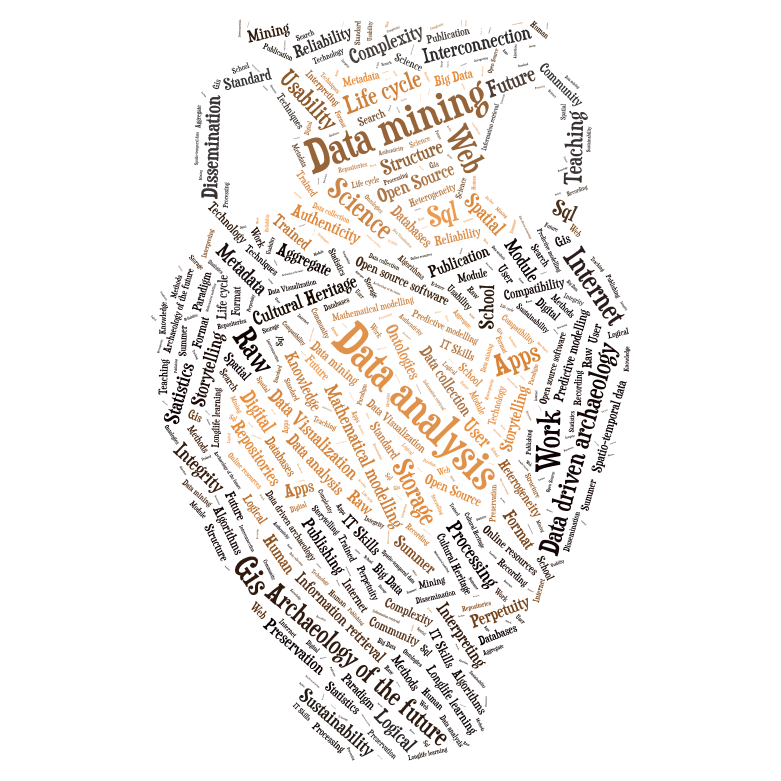November 23, 2016
Summer Shool: Data-Driven Archaeology
Book a Demo
ARCHAEOLOGY OF THE FUTURE: DATA MINING, DATA ANALYSIS, DATA-DRIVEN ARCHAEOLOGY
The Summer School will enable participants to manage the whole life cycle of archaeological data. It is built around a new paradigm which takes into consideration the role of the archaeologist as both producer and user of digital Archaeological data. Attendees will learn the concepts and methods of data retrieval, management, analysis and communication through an integrated use of technology and mathematical principles. The Summer School will take place from the 11th to the 29th of July 2016, at the University of Pisa, Italy.
# Target attendees
Students, graduates, PhD candidates, and post-docs in archaeology or related to Cultural Heritage. Specific computer science or technology skills are not required.
* Background
In all human sciences, the exponential increase in digital documentation requires us to question its management, its use, its availability to the scientific community and its sustainability. In archaeology, these issues are crucial because they relate to non-reproducible primary data. In order to effectively store, manage, prepare for analysis, and communicate the information and the scientific range of such an amount of data, modern archaeologists should be able to deal with concepts and tools related to new technologies. Such digital competencies are not present in a standard archaeology background, though they are very important, in order to effectively interact with IT experts.
For young archaeologists being trained, the target is to get full control over digital tools for recording, processing, interpreting and publishing archaeological data, and to be aware of open source software and open formats. In this respect, this summer school aims for a fruitful combination of archaeology and mathematics through the teaching of Data analysis, Data mining, and Data visualization techniques, together with a Big Data approach, extremely relevant but by no means common across Humanities. The large amounts of data that are produced through archaeological work, show a wide degree of heterogeneity, complexity, and interconnection, making the use of algorithmic methods unavoidable.
@ Quick info
For an effective learning environment, the number of participants be limited to 20.
Deadline: June 26, 2016
ECTS: 12
Fees: 690 euro
Further information at http://www.mappaproject.org/data_driven_archaeo/




